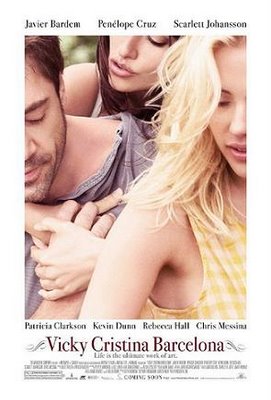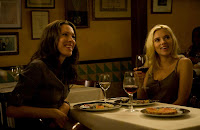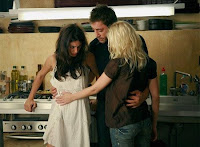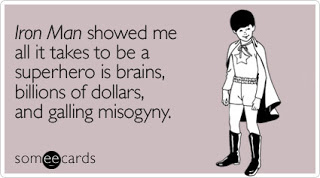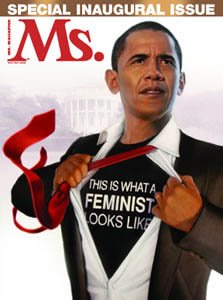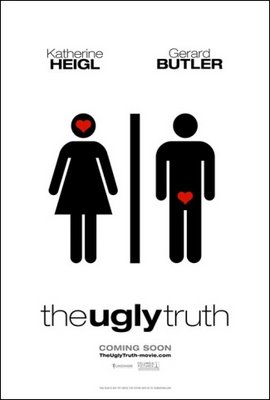April is National Sexual Assault Awareness Month.
An odd coincidence is that Jody Hill’s Observe and Report is currently in theaters, and getting all kinds of attention for a rape scene that’s played as comedy. Worst of all, many out there are defending the movie as an edgy, dark comedy, and arguing that the scene doesn’t depict rape at all.
I’ve hesitated writing about the film; movies this noxious don’t deserve whatever free press a site like ours provides (assuming that all press is, in some way, good press). With no plans to ever see OaR, I don’t know that I could contribute a whole lot to the discussion personally, but thought I’d compile a list of what other smart people are saying, and give you a glimpse of the R-rated trailer–with hopes that it shows you as much of the movie as you’ll ever want to see.
A lot of the discussions center around the question of whether or not the sexual encounter shown in the final seconds of the trailer is actually rape. Stupid question; yes, it is. Period. The more interesting debate, which not many are taking up (according to my reading) is why a film like this is being made at this time. I’m all for dark comedy, though this doesn’t really seem like one (MaryAnn Johanson asks whether the movie is a comedy at all in her weekly column at AWFJ), and what worries me is the kind of cultural work being done. All those people who like to shout about how movies are just entertainment and say people like us have no sense of humor, or take things too seriously, are underestimating the power of representation–of the arts in general, film-making included. Although the movie has an R rating, we must ask who the intended audience of such a movie is. Clearly, it’s male, and the movie has a ring of adolescence about it (an epidemic of our time), with its “jokes” about sex, drug use, alcoholism, violence, and whatever else I’ll miss by refusing to see it, which clues us into the fact that it is for people who are still in a phase of their lives when they figure out their own values.
People are seeing OaR, too. It finished fourth in the holiday weekend box office, selling over $11 million worth of tickets. There’s a desire for this sort of thing, and the interesting question is: Why?
Here are some highlights (and lowlights) from the blogosphere:
- Friday Feminist Fuck You: Seth Rogen @ Feministing (This one has been getting lots of play, but if you haven’t seen it yet, please check it out.)
- Shorter Seth Rogen: Rape is Hilarious @ Feministe (Jill reminds us that the real trouble here is that the claim that the scene doesn’t depict a rape.)
- Observe and Report Date Rape Scene Sparks Outrage @ The Huffington Post (Be sure to vote in their poll about the scene–and prepare for the expected disappointment when you read the results. )
- Sexism Watch: Date Rape Gets Mainstream Film Release by Melissa Silverstein @ The Huffington Post (Silverstein also runs the awesome Women & Hollywood.)
- Is Date Rape Funny? Seth Rogen Explains it All for You by Margaret @ Jezebel (Quotes from interviews with Rogen and Anna Faris help you understand a little bit about the attitudes Hollywood rewards.)
- Observe & Report: On Real Rape and Um. by Sady @ Tiger Beatdown (Two well-articulated analyses on rape in this film and its impact on actual women.)
And some mainstream reviews:
- Observe and Report by Michael Phillips @ The Chicago Tribune (In a review that otherwise seems fair, writer Micheal Phillips seriously drops the ball–to say the least–when he claims: “The best, riskiest bit in Observe and Report involves Faris, with wee vomitous spillage drying on the pillow by her slack jaw, underneath Rogen, who cannot believe the dolt of his fondest desires is trashed enough to give him a toss.”)
- Mall Crisis? Call Security. Then Again, Maybe Not by Manhola Darghis for The New York Times (Darghis can be counted on as a female voice in the NYT, but she often–and this is no exception–offers more respect than is due.)
- Observe and Report by Peter Travers for Rolling Stone (The most appalling of all the “official” reviews I’ve read, which should be no great surprise, considering the source. Here’s a sample: “Props to Hill and Rogen for believing you can play anything for a hoot, including R-rated sex and violence.” Yeah–props. That’s what I was going to say.)
Other sickery:
- Writer Jody Hill describes his latest movie as “a dark, crazy, awesome journey” in “An Auteur of Awkward Strikes Again” in the NYT
- An apologist for the rape scene, in a column from New York Magazine, says:
But, given all the horrible things Ronnie does later in the movie — out of spite, or stupidity, or flat-out psychosis — this scene winds up seeming a lot less awful as the movie goes on. For one thing, as horribly misdirected as it becomes, his “courtship” of Brandi is the only thing in Ronnie’s life that comes partly from a place of sweetness rather than entirely from a place of darkness.
- And a special GFY to Bill Gibron of PopMatters, whose article “No Means Ho: Debating Observe and Report‘s Most Controversial Scene” is the worst I’ve seen, and includes gems such as:
Audiences are happy when Ronnie ends up with shy coffee girl Nell, someone who he’s built up a narrative-long relationship of openness and trust. When Brandi tries to get back in his good graces, Ronnie gives her a public kiss-off that centers on her sleeping around.
and, best of all
So which is it? Rape, or the reality of dating circa 2009? As with anything Hill has to say, the meaning is not clear. Feminists have the right to be angry, especially when a mainstream Hollywood movie offers such a backward vision of male/female fornication. But is Observe and Report really saying anything new? In this Girls Gone Wild dynamic of brazen openness and complete lack of shame, should a drunken slut bear any of the blame? It’s not a question of that horrid old excuse “she had it coming.” It’s more of a mirror on where society has sunk since women were empowered to ‘take back the night.’ Clearly, had Hill meant the scene to be something akin to pure sexual assault, Brandi would have been treated like a piece of dead meat.
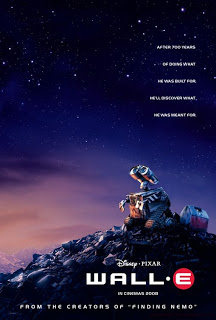


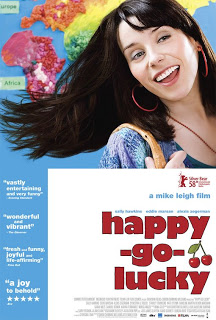



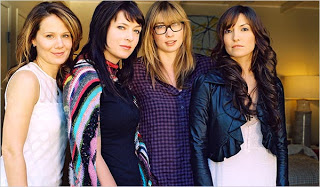

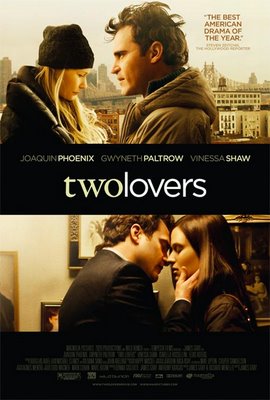

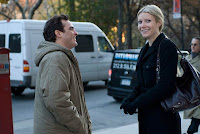
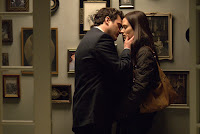


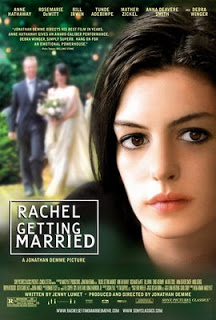

 First, the poster is a poor representation of the film. While you could argue that Kym (Hathaway) is the main character, the movie is really about her and her sister, Rachel (DeWitt). The background of the movie is much more in the foreground, unlike the poster. All the characters in the film are complicated, conflicted, and ultimately complicit in the family tragedy. What Stephanie said about the anger and guilt rings true, as well as the unsentimental nature of the story. Each character behaves in cruel, selfish ways; Kym’s narcissistic, inappropriate speeches counter Rachel’s bratty outbursts of jealousy. Yet there are some weak points in an otherwise very, very good movie.
First, the poster is a poor representation of the film. While you could argue that Kym (Hathaway) is the main character, the movie is really about her and her sister, Rachel (DeWitt). The background of the movie is much more in the foreground, unlike the poster. All the characters in the film are complicated, conflicted, and ultimately complicit in the family tragedy. What Stephanie said about the anger and guilt rings true, as well as the unsentimental nature of the story. Each character behaves in cruel, selfish ways; Kym’s narcissistic, inappropriate speeches counter Rachel’s bratty outbursts of jealousy. Yet there are some weak points in an otherwise very, very good movie.

